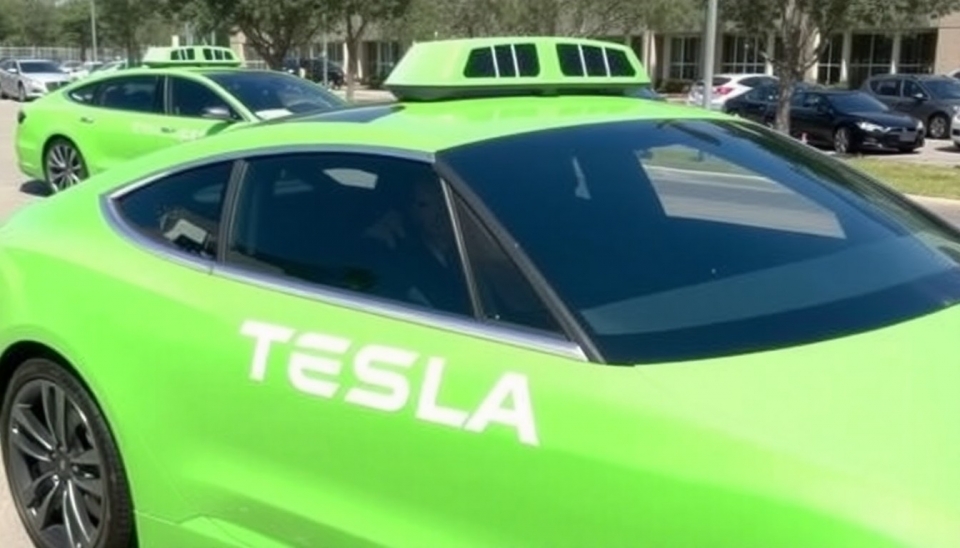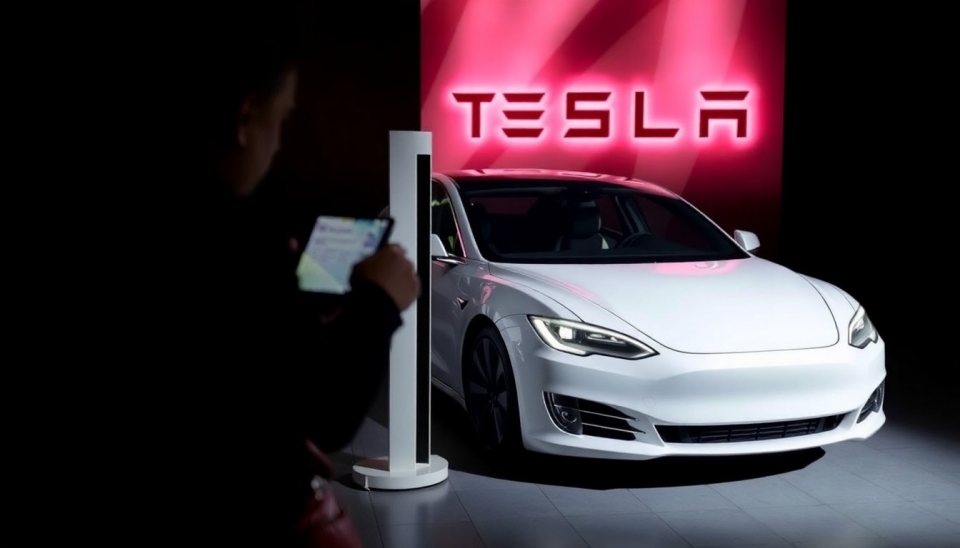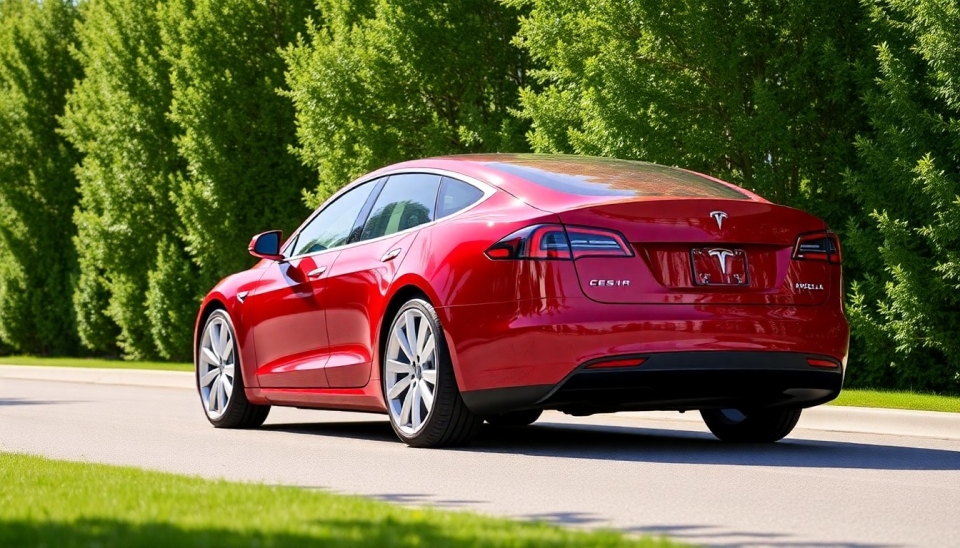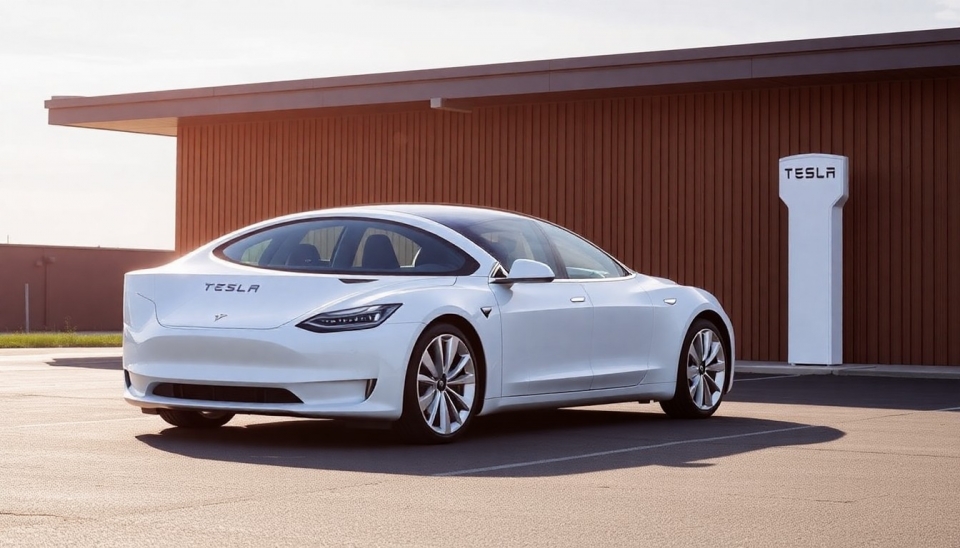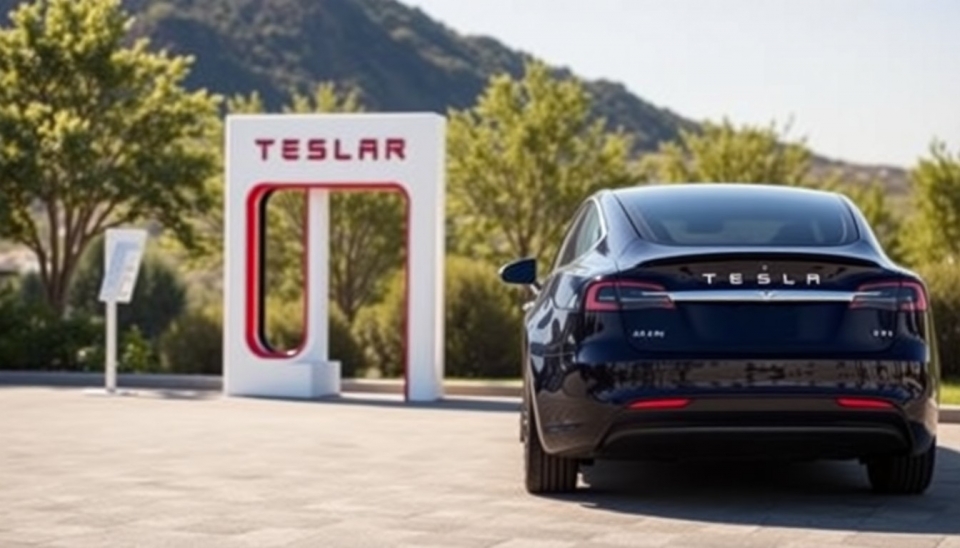
In a significant shift concerning its production strategy, Tesla has announced a delay in the launch of its much-anticipated line of more affordable electric vehicles (EVs). According to reports from Reuters, this decision, resulting from various internal and market pressures, has generated considerable buzz within the automotive sector and among EV enthusiasts.
The company's ambitious plan to introduce a less expensive EV option, which was initially aimed at capturing a wider audience, will now be postponed. This announcement is expected to reverberate through the electric vehicle market, as competitors are eagerly watching Tesla’s next steps. The lower-priced EV model was originally slated to offer a more accessible entry point for consumers contemplating the switch from traditional gasoline-powered cars to electric, thus spurring greater adoption of sustainable mobility solutions.
Insider sources suggest that the decision comes as Tesla contends with rising production costs, ongoing supply chain disruptions, and challenges in semiconductor availability. These factors have forced the company to reassess its timelines and production goals. Over the past year, Tesla has experienced a series of challenges that have impacted the automotive industry at large, including fluctuating material prices and logistics complications stemming from global events.
Additionally, industry analysts are noting that the delay may impact Tesla’s stock value in the short term, as investors have been keenly observing the company’s strategies to remain competitive. With growing competition in the EV market from established automotive manufacturers and new entrants, Tesla's leadership is under pressure to deliver innovative products while managing operational hurdles effectively.
The postponement of the affordable EV release also raises questions about the company’s long-term vision and its plan to maintain its market leadership. As more automakers unveil their electric vehicle offerings aimed at budget-conscious consumers, every delay could cost Tesla valuable market share.
Despite these challenges, Tesla continues to move forward with its other projects, including enhancements to its existing vehicle models and ongoing development in battery technology. The company believes that its investments in these areas will ultimately bolster its competitive advantage and ensure growth in an increasingly crowded marketplace.
This announcement from Tesla serves as a reminder of the complexities inherent in the rapidly evolving electric vehicle sector. Stakeholders, including consumers, manufacturers, and investors, are left waiting for more clarity on the timeline for Tesla's next-generation affordable vehicle, which many hope will transform the EV landscape.
As the situation unfolds, industry experts will closely monitor the implications of Tesla's decision and what it signals for the broader market trajectory in electric vehicles. The uncertainty surrounding production timelines could set the stage for manufacturers to pivot in response to Tesla's strategy or reinforce their commitment to delivering affordable options to consumers sooner.
For now, it’s clear that while Tesla remains a dominant player in the EV arena, the road ahead is fraught with both opportunities and challenges that will demand innovative problem-solving and strategic foresight.
#Tesla #ElectricVehicles #EVDelay #AffordableEVs #AutomotiveNews #MarketImpact #SustainableMobility
Author: Liam Carter
